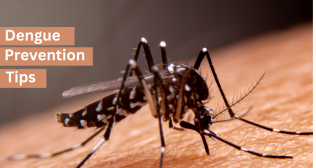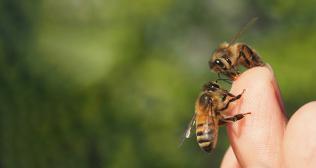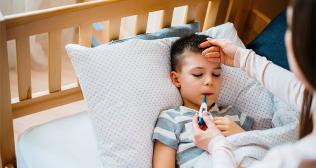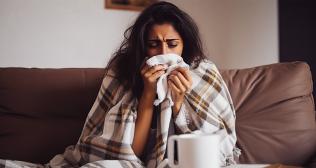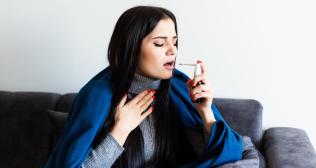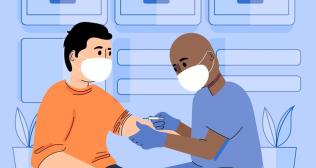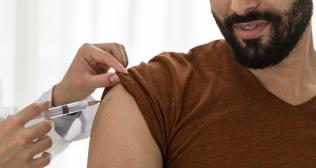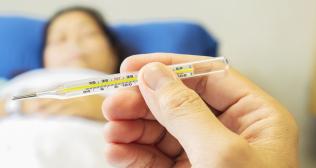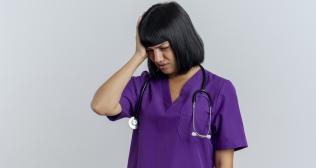
Dengue – causes, symptoms, prevention, diagnosis, risk factors
Dengue virus is transmitted by the bite of an infected tiger mosquito. It is seasonal disease occurs mostly during rainy and post rainy season. It can’t be spread directly from one person to another person.
Symptoms of Dengue fever?
Symptoms, which usually begins three to six days after bite: may include
- Sudden onset high fever (102-104F), which can be continuous
- Weakness, child tries to be bet or mother’s lap only
- Loss of appetite
- Severe headache, eye pain
- Joint and muscle pain
- Nausea & Vomiting
- Reddish Skin rash, which appears three to four days after the onset of fever
- Pain abdomen
- Bleeding (mild - nose bleed, bleeding gums, severe if in vomiting, stool, urine)
Younger children and people who had the infection 1st time tends to have milder disease than older children and adults.
Most children have milder disease, starts recovering on 3-4th day, but at same time some children show sudden and sometimes dramatic progression of disease, especially a day or two after the fever subsides. So, parents should be watchful if child is not looking well when fever starts getting down.
These include dengue haemorrhagic fever, a rare complication characterized by high fever, damage to lymph and blood vessels, bleeding from the nose and gums, enlargement of the liver, and failure of the circulatory system. The symptoms may progress to massive bleeding, shock, and death.
Risk factors
People with weakened immune systems, over-weight or obese child, or children with underlying liver, kidney or any chronic disease.
When to consult
If your child has any of the symptoms of Dengue (fever, dullness, body aches, vomiting, and abdominal pain), you must consult a doctor.
Diagnosis?
Doctors can diagnose dengue infection with a blood test to check for the virus (with PCR on 1st day of fever) or with antibodies (usually after 5days of fever) to it.
Treatment of Dengue fever
There is no anti-dengue medicine to treat dengue infection. Antibiotics do not kill dengue virus, so should not be given. Paracetamol is given for pain and fever and aspirin should be avoided.
Rest and plenty of oral fluids are recommended, along with regular consultation with the doctor. If your child starts to feel worse in the first 24 hours after his fever goes down, you should get him to a hospital immediately to be checked for complications.
Complicated cases of Dengue fever need to be hospitalized, treated, and monitored. The treatment mainly consists of intravenous fluids given judiciously under physician guidance. Monitoring involves serial heart rate, blood pressure, and urine output, along with other blood tests to monitor disease progression.
Prevention
The best way to prevent the disease is to prevent bites from infected mosquitoes.
Protect yourself to protect your family and society:
- Use mosquito repellents (odomas), even indoors, apply on exposed skin areas-legs, arms, face, neck, lower abdomen.
- Wear long-sleeved shirts and long pants tucked into socks.
- Use mosquito nets.
Environmental protection to reduce the mosquito population, get rid of places where mosquitoes can breed. Rain water in old tires, cans, or flower pots placed on roof, backyard, open plots. Regularly change the water in outdoor bird baths and pets' water dishes, cooler/ fridge water
If someone in your home gets dengue fever, be especially vigilant about efforts to protect yourself and other family members from mosquitoes. Mosquitoes that bite the infected family member could spread the infection to others.
Vaccine to prevent dengue fever is not licenced in India.







